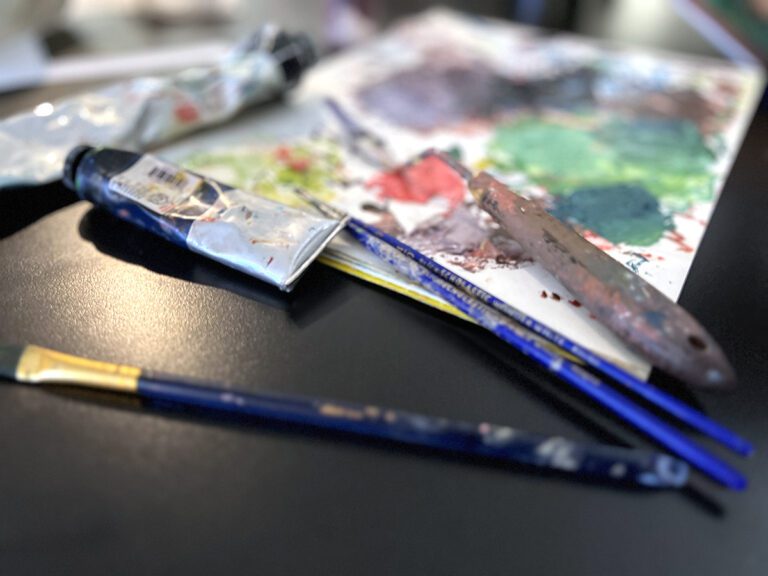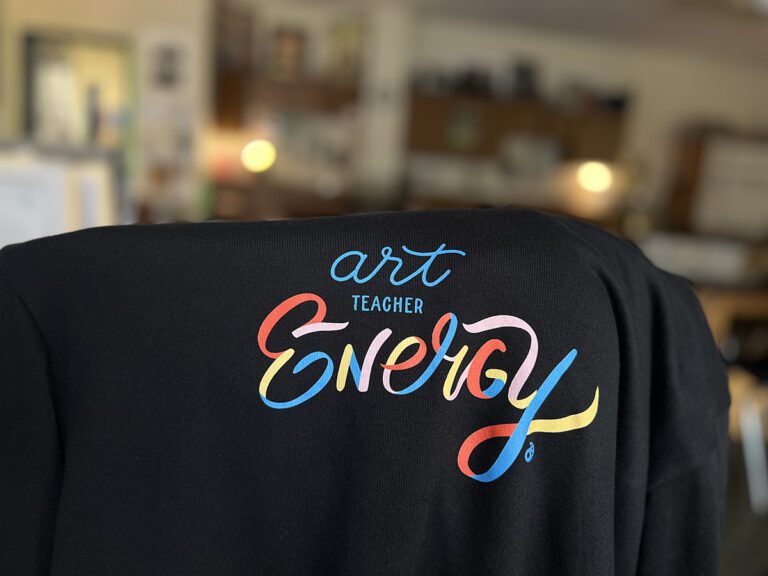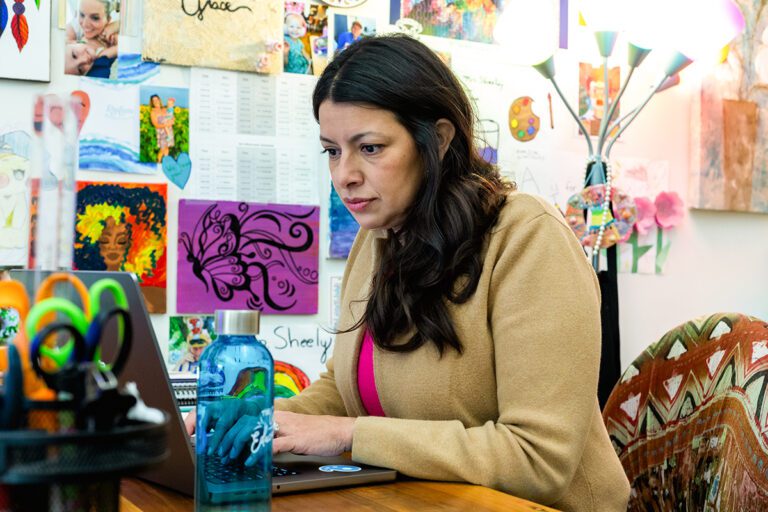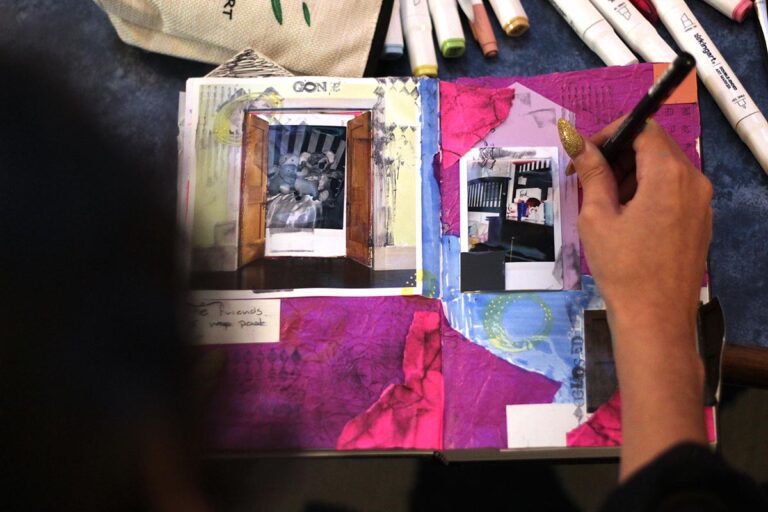Recently I was exploring a popular online forum for art teachers, and someone asked in a thread about ideas for classroom management in the art room. As I sat and read the replies, I became frustrated and overwhelmed. This person wanted a simple solution, and the answers seemed so complex.
People replied with confusing ticket systems, sticker charts, earning things like prizes and free art time and candy. Ugh. I realize in the classroom setting, these systems work great, but when you see students once a week you just DON’T have time to keep track of all of this!!! If you do this and it works great, more props to you, but it hasn’t worked for me.
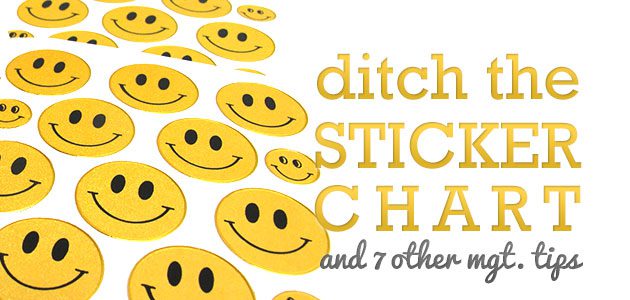
My first year of teaching, I started a sticker chart. If the class did a nice job, they got a sticker. It fizzled after a few weeks. A couple of kids asked about it, but mostly it just dropped off from there. I knew with the busy rush of days, teaching at two schools, and having no time between classes, even the best of intentions couldn’t keep this type of plan consistent.
I thought back to what my mentor had told me:
- Students should do the right thing in class.
- It’s not necessary to reward students for doing the right thing; it’s an expectation.
- Motivators can come in many different shapes and forms.
Boy, she was right.
I do tons of positive verbal and visual feedback, small cheers, and little quick games, but I will not sacrifice the health of students (candy) or their art time (fun/free day to watch a movie) or the last 5-10 minutes of art (which could be used instead for a quick assessment or review game) for a reward. Making art, learning about art, and talking about art are what I am paid to do and I am given VERY LITTLE time to accomplish this. The subject matter alone is motivating and fun if you let it be.
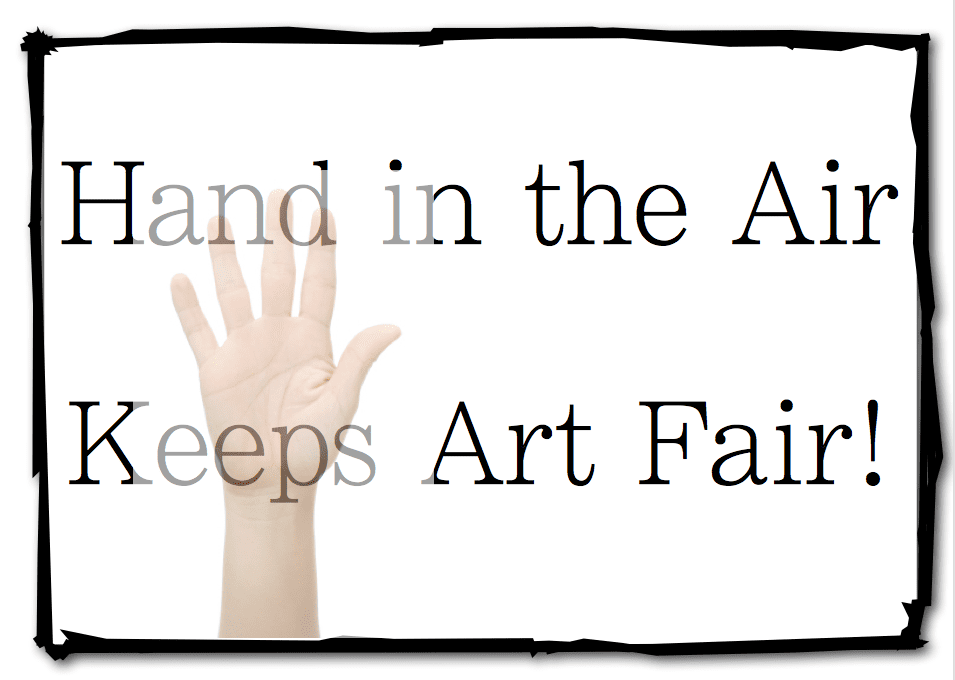
I am bringing you a few new tricks and the best of the best from my past management posts to give you some ideas to streamline your classroom management for a new school year.
Remember, we are not grade-level classroom teachers. We require a different set of rules, those which we sometimes must make up as we go (with a little help from our friends.)
7 Management Tricks for a New School Year
- Ditch the Sticker Chart (which you already know).
You don’t have time for it and probably can’t keep up with it. Stick to something you can keep up with, and keep it SIMPLE! - Use Non-Verbal Cues.
By using color cards to line up and clean up, your students will respond non-verbally, keeping the noise and chaos to a minimum. - Display an ART visual.
Speaking of loud voices, use a simple system for keeping voices and behaviors down with these three letters. No charts are needed. - Streamline your management plan.
Use a simple, consistent system for individual behaviors. You’ll see dramatic changes fast. - Make a template letter.
Make one letter to go home to parents that you can fill out with individual information. Make a bunch of copies and put them right on your desk. DONE. Consistency is key. - Ensure rules are clear.
Make sure your expectations are very clear and posted in a visible spot in your room. I do a PowerPoint each year that shows students some basic things about the art room and what I expect. - Stay positive!
A passionate, positive, and enthusiastic teacher is transparent. Teaching life lessons in the art room and reminding students to “fill each other’s buckets” is a great way to manage a classroom without bribery.
How will you start your classroom management off on the right foot this year?
Magazine articles and podcasts are opinions of professional education contributors and do not necessarily represent the position of the Art of Education University (AOEU) or its academic offerings. Contributors use terms in the way they are most often talked about in the scope of their educational experiences.

